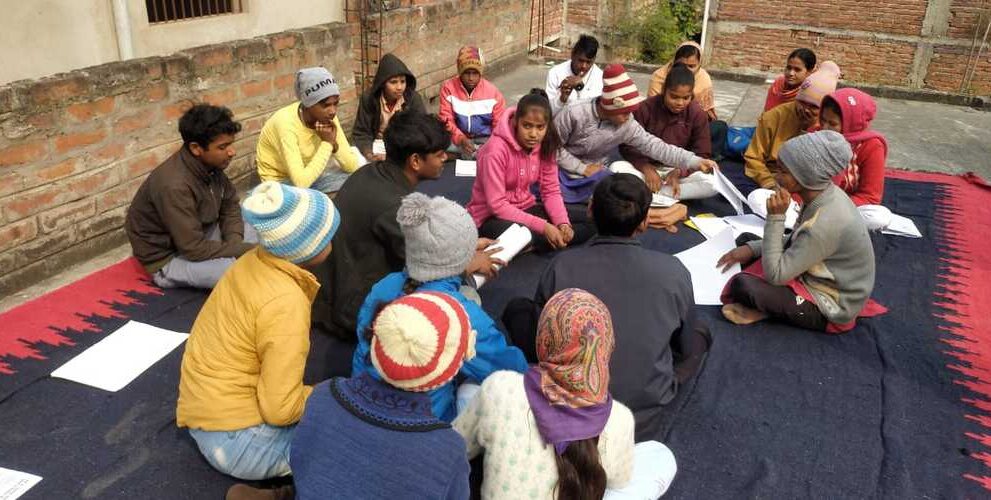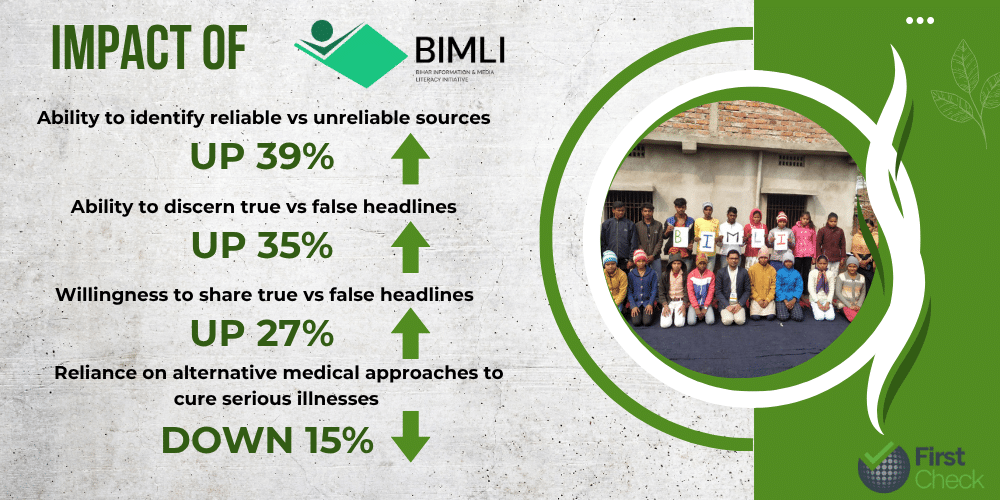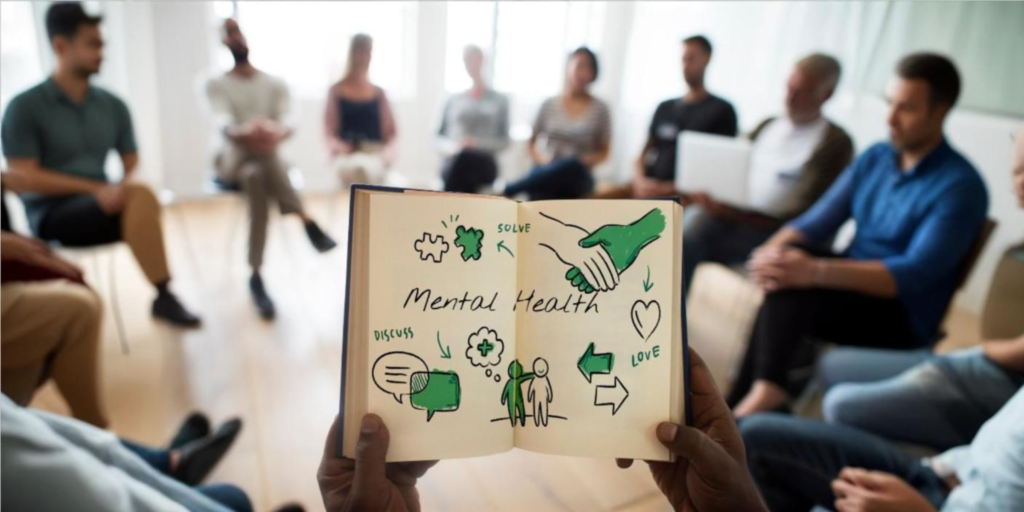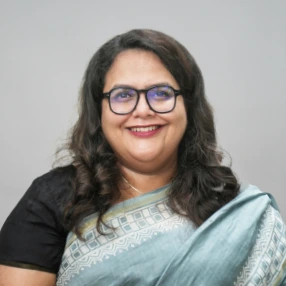Health Literacy Matters!
We finally have an answer, with quantitative data, to questions on the impact of health literacy trainings!
Author
Author
- admin / 4 months

- 0
- 2 min read

Author
Hello!
One often wonders what is the point of a health literacy training.
Can we really change attitudes towards health and health information by a few training sessions?
Can we ensure that health misinformation doesn’t spread, by just empowering people with the practical tools needed to differentiate between reliable and unreliable sources of health information and identify such false claims?
And will such trainings have real world impact on the health seeking behaviour of people?
Well, we finally have some quantitative data on this- and to give away the punchline upfront, it does!
For 14 weeks over a year ago, our parent company, DataLEADS, in partnership with JEEViKA (Bihar Rural Livelihoods Promotion Society), conducted a grassroots training programme in Bihar, which was designed by The Mercury Project. The Bihar Information and Media Literacy Initiative (BIMLI), as the programme was called, targeted almost 14,000 school going students across various districts in Bihar in just four 90-minute sessions, led by trained educators. It was aimed at equipping the students with “critical thinking skills to counter false health-related information, and with practical tools that ensure students consume content from responsible sources.”
The report on the findings from the study have now been published. And the impact was significant.
Students showed a 35% improvement in differentiating between true and false headlines, a 27% increase in the willingness to share true versus false headlines, and a 39% boost in identifying reliable sources. “Specifically, students were more likely to be critical of online sources and to utilize different checks when deciding which news sources were worth sharing with others,” it said.
The reliance on alternative medical treatments for serious illnesses also reduced by 15%.

What was even more significant was that, the effects of the training were seen even four months later, indicating that the impact was long term. A ‘trickle-up’ effect was also noted, as the children helped educate their parents, and these adults were also better able to distinguish between accurate and false information.
This is what First Check works towards on a daily basis- ensure people have access to trusted, verified and accurate information, so that people may make informed decisions about their health.
So, next time someone asks how do health and media literacy trainings help, share these findings with them!
Because, Health Literacy Matters. Health Matters. Facts Matter.
And yes! I am happy to hear from you!










